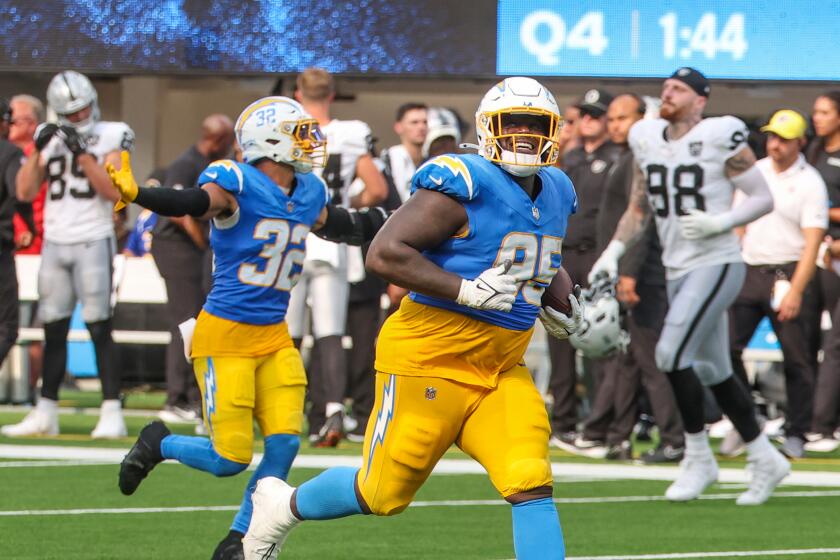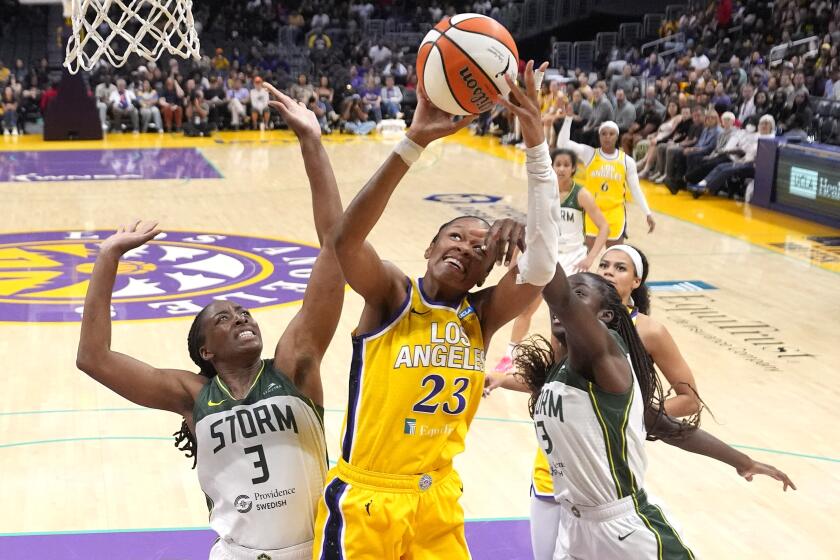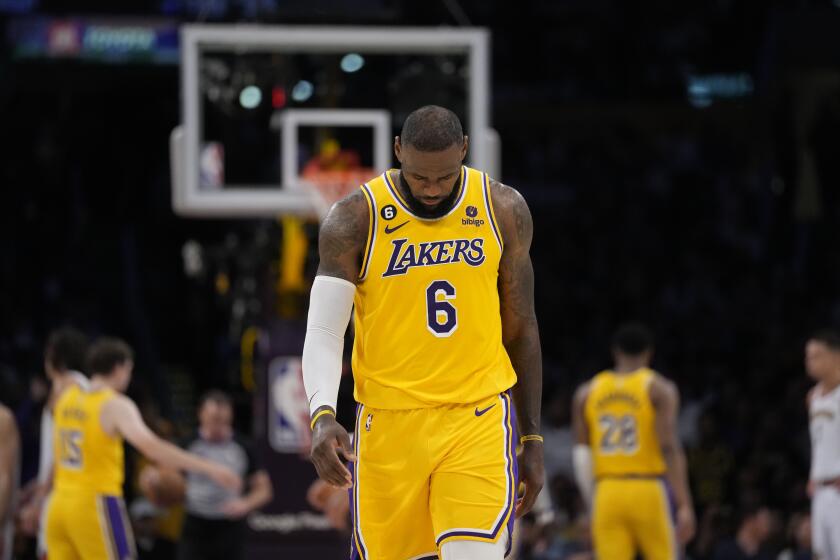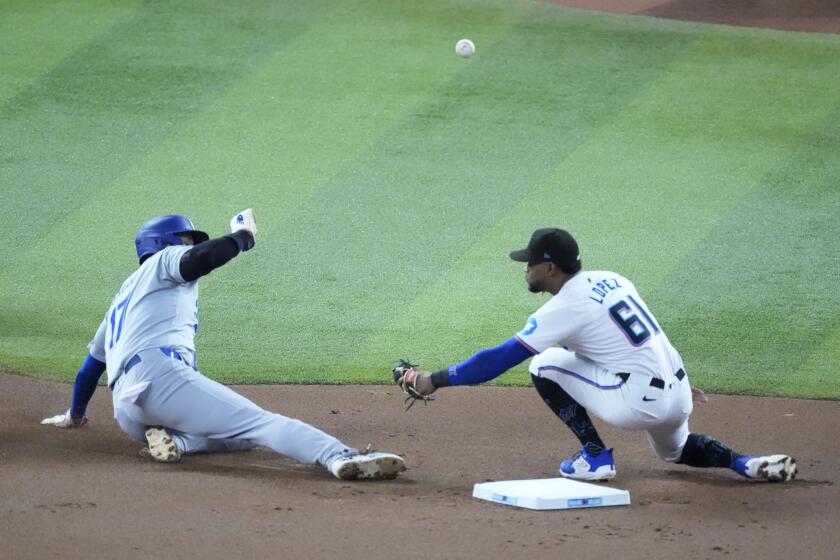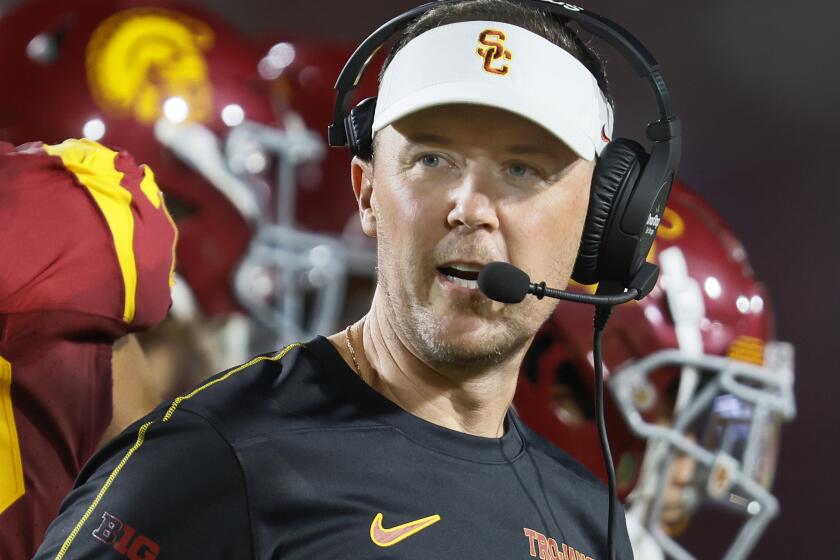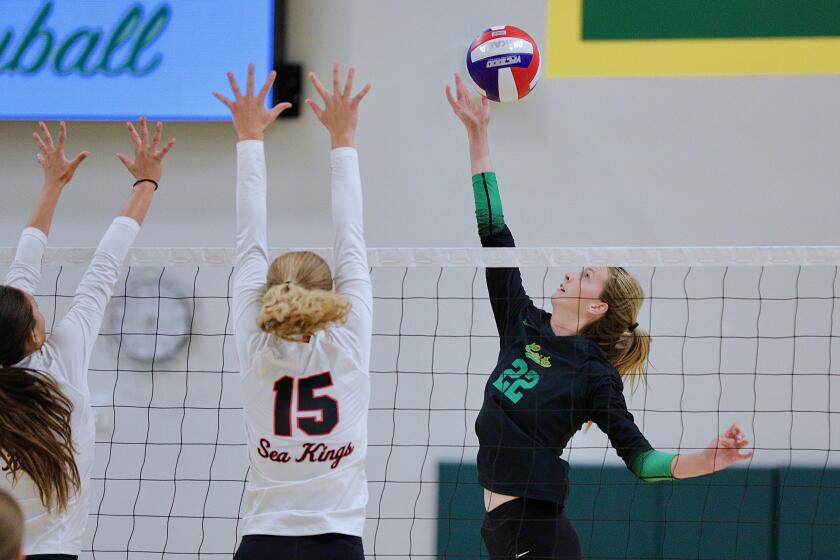No Hustle to Reinstate Rose
Baseball is an arcane institution filled with the infield fly rule, suicide bunts and other rituals and customs. So it takes some study to determine why, 14 years after being tossed out of professional baseball for gambling on the outcome of games, Pete Rose finally has admitted what everyone knows he did.
First, Rose’s autobiography is about to be released, and there’s no such thing as a bad interview for book sales. There’s also the persistent rumor that Major League Baseball Commissioner Bud Selig might consider lifting the lifetime ban if Rose honestly acknowledges his sins and makes a sincere apology to the game and its fans. That, in turn, would crack open the door to the Baseball Hall of Fame.
Rose recognizes that his best bet (pun intended) to enter Cooperstown is being elected by sportswriters, because many scribes who saw him play arguably would be inclined to recognize him for his amazing on-field accomplishments. But players only qualify for the sportswriters’ ballot for 20 years after their last game -- which for Rose was in 1986. After 2006, Rose would face the decidedly tougher challenge of being elected to the hall by his fellow players -- some of whom have publicly said they wouldn’t vote for Rose.
Whew. Now Rose’s timing makes more sense.
Along with corked bats, steroids and labor disputes, Rose is an unfortunate reminder that the real world doesn’t stop at the foul lines. There are plenty of doubters who fear Rose would accept Selig’s absolution and then trash the reputation of the sport all over again.
Before acting, baseball officials should listen carefully to what Rose has to say in the inevitable flurry of talk-show appearances touting the book. Will he lapse into the protestations of innocence he’s kept up since his 1989 exile -- despite a thorough report documenting more than 400 bets during a three-month period?
Rose can earn the lifting of the ban not just by consistently admitting what he did but by becoming a regular at youth training camps, including the Compton Baseball Academy now funded by Major League Baseball. If the ban is eventually lifted, Rose’s peers, rather than sportswriters, should decide whether the shadow he cast across their sport outweighs his record 4,256 hits in 14,052 at-bats and his near-record 2,165 runs scored.
A reinstated Rose would forever have the equivalent of an asterisk behind his name, but he cannot ask for forgetfulness, only forgiveness.
More to Read
Go beyond the scoreboard
Get the latest on L.A.'s teams in the daily Sports Report newsletter.
You may occasionally receive promotional content from the Los Angeles Times.




